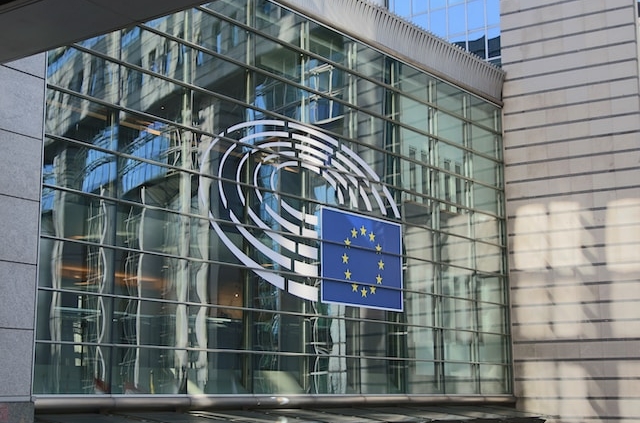The model of staged accession to the European Union: Addressing the four key concerns
The model of staged accession has captured some attention in the discussions on the future of the EU enlargement policy. Initially published in October 2021, the proposal has so far inspired several cross-European debates, and gained support by numerous members of the expert community as well as some policymakers. Although the proposal has had a promising start, it is yet to gain recognition by the EU institutions and wider support from EU member states. Finding consensus on such an out-of-the-box solution becomes all the more warranted at the time when the enlargement process seems to be at an impasse. In order to take a step closer towards overturning the status quo, this paper discusses the doubts and concerns about the model that have been raised in the discussions held to date.
Download the Paper here.





The model of staged accession to the European Union: Addressing the four key concerns
/in Discussion papers, Research analysis, Slider /by Think for EuropeA Template for Staged Accession to the EU
/in Discussion papers, Publications, Slider /by Think for EuropeIf there can be a broad intuitive appeal for the idea of staged accession, then what naturally follows is the need for a detailed explanation on how this would work in practice, which this paper explores for each of the EU institutions. The picture that emerges is that the EU’s institutions could well lend themselves […]
Overcoming the enlargement impasse – some ideas for the Slovenian presidency
/in Discussion papers, News, Publications, Research analysis, Slider /by Think for EuropeThe Slovenian presidency of the EU starting on 1 July has placed the state of the enlargement process for the Western Balkans high on its list of priorities. But the process is dangerously in a state of impasse, leaving the states of the Western Balkans and EU alike disappointed and dissatisfied. Fresh ideas are needed. […]
The Conference on the Future of Europe: Is the EU still serious about the Balkans?
/in Discussion papers, News, Research analysis /by Anesa OmeragicIf the EU does not count the Balkan countries among the stakeholders who should participate, in some form, in the upcoming Conference on the Future of Europe (CoFoE), then one has to wonder whether the Union is still serious about the European perspective of the region. The EU should allow political leaders and citizens from […]